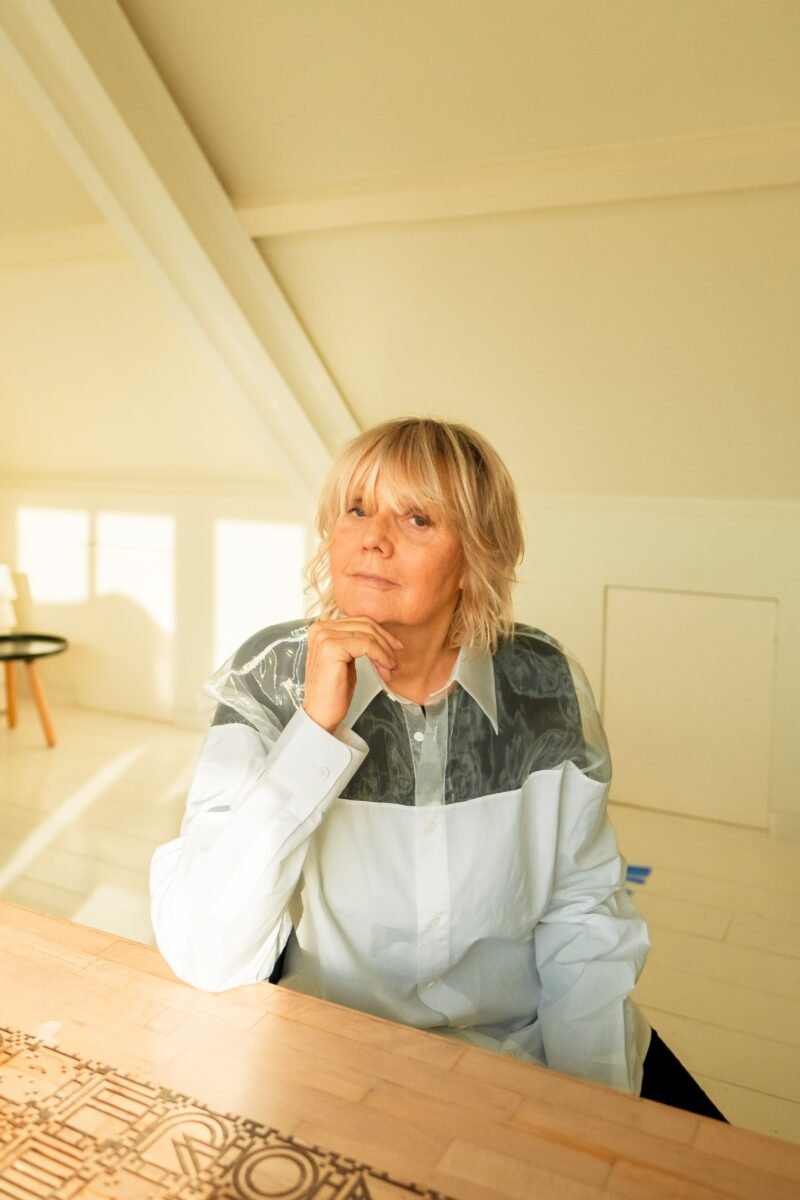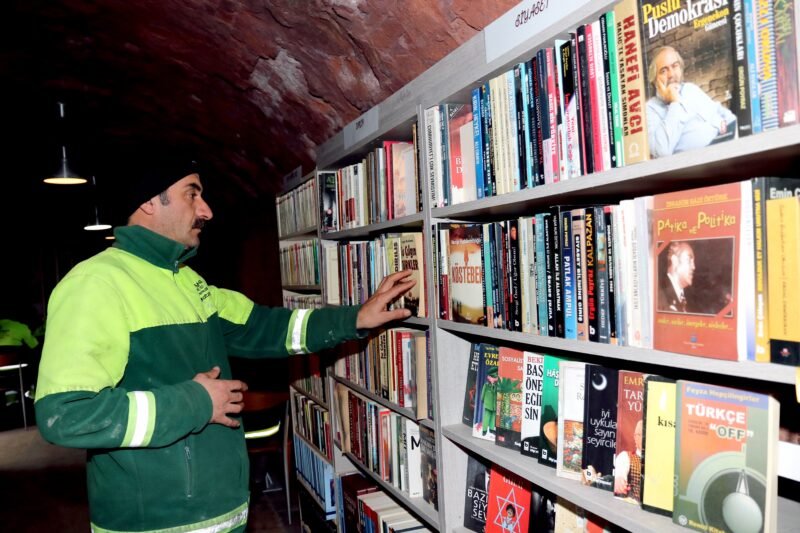Your Neighbor’s Living Room Is Your New Office!
In april a new way of working was introduced in Amsterdam. Huiskamerkantoor (Living Room Office) is a new marketplace that enables users to turn their living rooms into co-working spots. The platform offers a great alternative to expensive office spaces or stylish macchiatos in the coffee bar, but above all Huiskamerkantoor introduces a new perspective on working together, meeting people, creating networks and sharing space. The living room is the new office! We spoke to Misha Velthuis, the man behind the new co-working platform.
Huiskamerkantoor encourages its members to share their living rooms as co-working spaces. People without a workspace, such as freelance workers and students, can contribute in the form of donating coffee, cookies or whatever else they want. Everybody is better off this way, says Velthuis. “We spend less, work at prettier places, and although a healthy dose of peer pressure ensures that the work gets done, there are always opportunities for a little talk.”

As a PhD candidate Velthuis spent a lot of time searching the city for good workspaces. He often ended up in big anonymous public libraries or expensive coffee shops. “After a while it dawned on me that the people next to me could be having the same problem. In fact they could just as well be the owners of the spacey living rooms across the street, which remained empty between 9am to 5pm.”

Huiskamerkantoor is currently just a Facebook page. The ‘rules’ are organically formed in the first months. Building the network through Facebook works pretty well, as friends invite friends and the marketplace gets bigger little by little. This could be one of the reasons that Huiskamerkantoor attracts a very diverse group of professionals. People work in completely different fields and do not necessarily work on the same projects. Nevertheless, an interesting and personal working atmosphere is a good environment for cross-fertilization. Says Velthuis, “artists, journalists and students sit next to voice therapists, theater producers, or online stockbrokers”.

When it comes to further development of the project the initiators are thinking of launching a website and perhaps an app in the future. But the most important thing, according to Velthuis, is how a new peer-to-peer initiative is evolving: “It is not just about throwing people together. We’re not in the sixties any more. You need to have some rules to ensure the necessary trust and reciprocity. This is also one of the big challenges of Huiskamerkantoor. How are we going to grow, without losing the mutual trust and reciprocity that is necessary for people to open up their living rooms to each other?”



